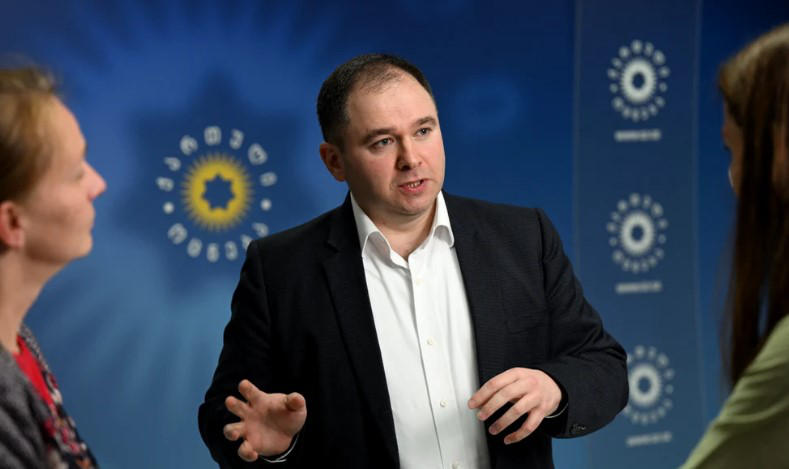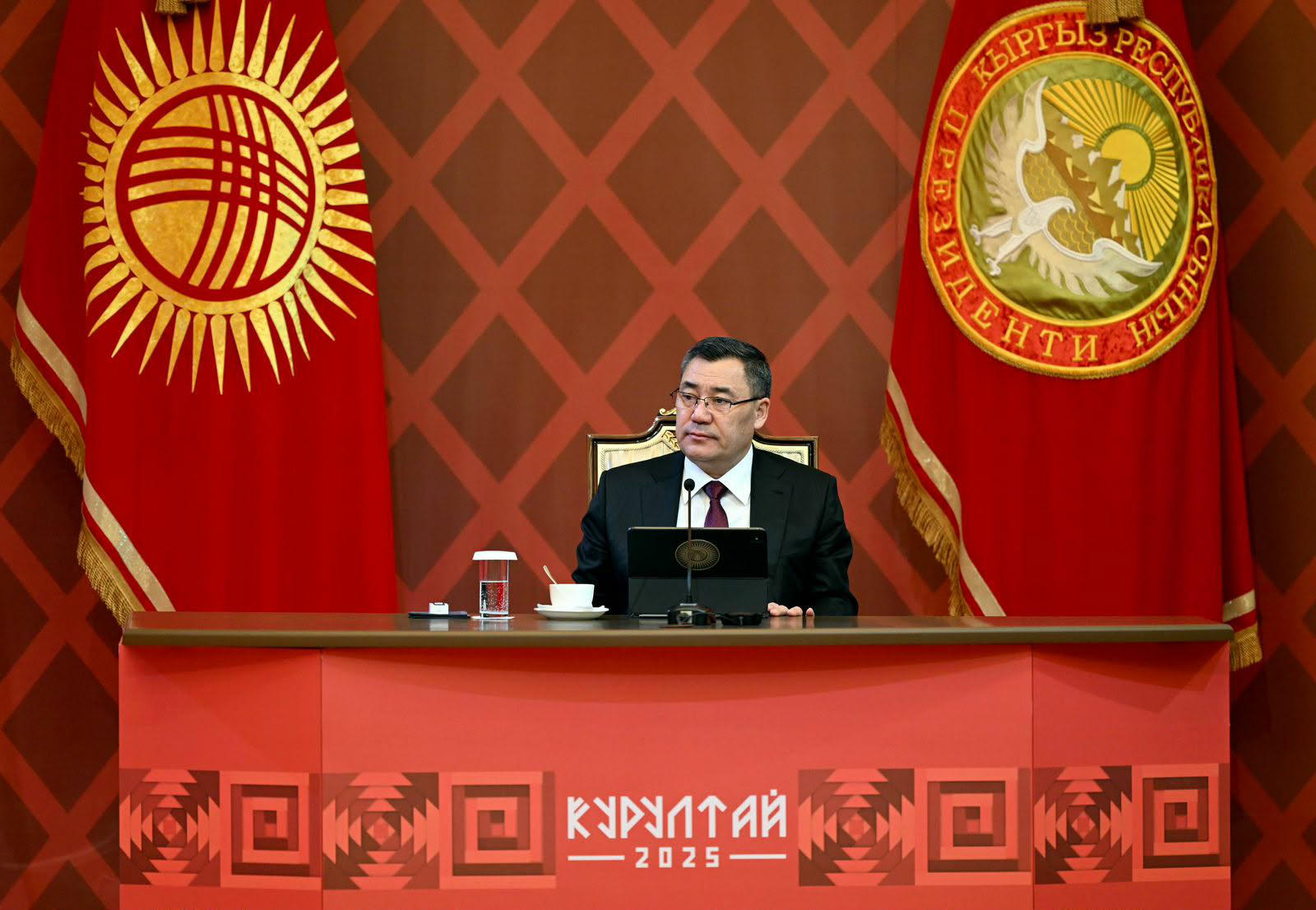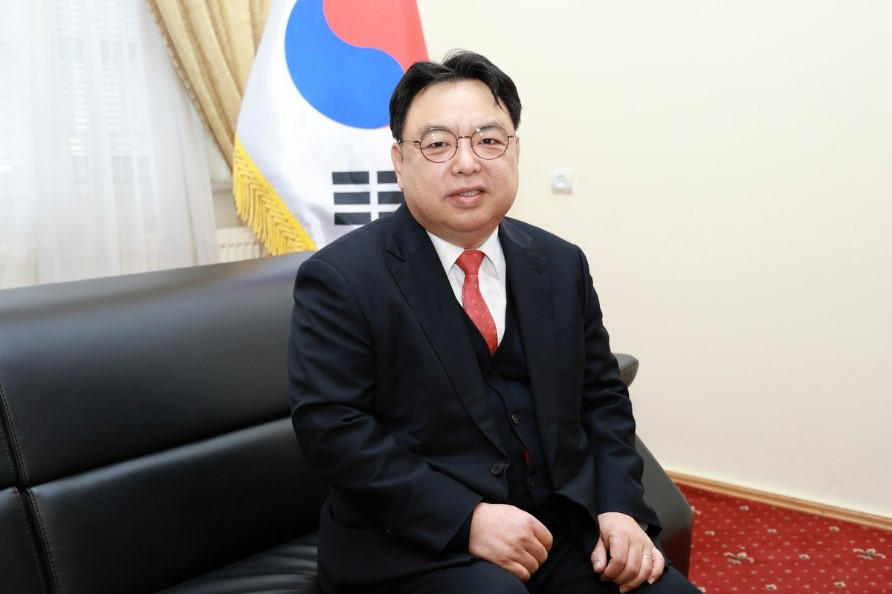Nikoloz Samkharadze: I hope that if not this year, then next year, negotiations will open for us to become an EU member by 2030

"The European Union should not ask Georgia to do something that is not applied within the EU itself – they should not demand us to change legislation or adopt new laws that are not used within the EU framework. We should not be a testing ground for experiments," said Nikoloz Samkharadze, Chairman of the Foreign Relations Committee of the Georgian Parliament, in an interview with Romanian media.
In the interview, Samkharadze assessed the current political situation in Georgia and discussed the country’s foreign policy perspectives.
"The political situation in Georgia remains tense, but not to the extent it was two or three months ago. Protests are still ongoing, but the number of demonstrators taking to the streets daily has significantly decreased to a maximum of 200-300 people. The protests initially erupted following the parliamentary elections, with the opposition claiming election fraud. However, these allegations were not backed by clear evidence. Moreover, according to the final report of the international observation mission led by the OSCE Office for Democratic Institutions and Human Rights, the elections were held without fraud. As a result, people who had been protesting based on these claims gradually lost confidence in them, and the protests diminished," said Samkharadze.
He emphasized that "Georgia's foreign policy priorities remain unchanged."
"Our priority is still EU and NATO membership. While Georgia’s foreign policy has not changed, there are some differences in perception regarding the steps needed for EU integration. This sometimes leads to disagreements between us and European institutions, such as the European Commission or the European Parliament, which believe that certain Georgian laws or actions do not align with European aspirations. However, we are often dealing with political declarations rather than legal matters. For example, we proposed allowing cases to be reviewed by the European Court of Human Rights, but we have not received a response. It is not pleasant for us to see the way the EU has treated Georgia over the past two years. All we ask for is fair treatment and consideration of our challenges and interests."
Samkharadze further stressed that Brussels must understand Georgia's geopolitical context.
"Georgia is located in a highly unstable region and remains partially occupied by the Russian Federation, making the risk of conflict escalation with Moscow very high. The EU institutions must recognize that Georgia cannot act like Estonia, for example, because we are not under NATO’s security umbrella or benefiting from the EU’s economic solidarity. Therefore, the EU should not demand from us something that is not required of its member states. For instance, the EU has asked Georgia to change the procedure for appointing the Prosecutor General, requiring a three-fifths majority. Yet, in many EU countries, the Prosecutor General is not appointed by the parliament at all, or when they are, they are elected by a simple majority. Another example is the electoral threshold—Brussels is pushing us to lower it from 5% to 2%, whereas in most EU countries, the threshold remains at 5%. I do not understand how a percentage defines whether a country is more or less European. Beyond the idea of European integration, the real issue is ensuring electoral stability and reducing polarization in a fully proportional system. The EU has not provided any justification as to why Georgia must lower its electoral threshold."
The MP expressed confidence that Georgia will meet the EU accession criteria by 2030.
"Georgia has candidate status. Of course, we are not ready to join the Union today, but we believe that in the next five years—by 2030—we will implement all necessary reforms to meet the accession criteria. The question remains whether the EU will be ready for enlargement, given its current challenges…
Support for NATO integration is not as strong as it once was, but this is because Georgians are simply tired of waiting. Since the 2008 Bucharest Summit, where NATO leaders promised Georgia membership, 17 years have passed, and we have not received any concrete signal about accession. This has led to disappointment among Georgian citizens, which is why support for NATO integration has declined compared to EU membership. If this trend continues, NATO support will decrease even further.
If, in the next 15 years, we find ourselves in the same position—knocking on the EU’s door without receiving positive feedback—the same disillusionment could occur regarding the EU. Personally, I hope this will not be the case. I also hope that if not this year, then next year, accession negotiations will begin so that Georgia can become a potential EU member by 2030," said Nikoloz Samkharadze in the interview, which was shared by "Georgian Dream."


